13,987
People trained
Agriculture
Peru
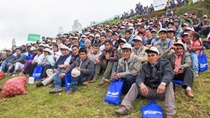
Limpiando el Campo
In rural Peru, only 15 percent of empty crop protection containers are disposed of correctly. The majority are burned, buried, thrown away, used in households or sold. This is potentially harmful for people, animals and the environment. Together with the association CampoLimpio, BASF’s smallholder program Allin Kawsay in Huanuco promotes the professional and safe disposal of empty crop protection containers.
Why
To reduce environmental and health impacts and improve quality of life for potato farmers in rural Peru, it is important to ensure correct disposal of crop protection containers and avoid household misuse. However, a fragmented rural infrastructure and insufficient collection centers create major challenges for collection of empty containers in the countryside.
How
The association CampoLimpio promotes the professional and safe disposal of empty crop protection containers. We joined forces with them to improve waste management on the farms. BASF uses bulk drums in its production processes. These were adapted into collection points for empty triple-washed crop protection packaging and incorporated in the local container disposal program. Farmers were trained to use and dispose of agrochemicals responsibly, and to use personal protective equipment. Each community named one farmer to be responsible of one collection point, thus ensuring ownership.
Result


1,111
People enrolled in the program

77
Train-the-trainer workshops

7,397
PPE-kits distributed

135,606
Empty containers collected

36
Collection points installed
SDGs
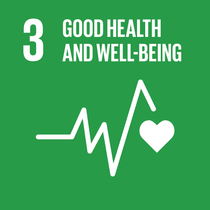
Education on responsible use of crop protection products, correct disposal of containers and use of personal protective equipment.
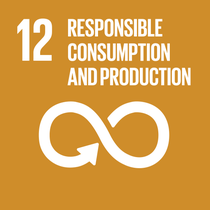
Focus on proper waste disposal and recycling, contributing to responsible production and consumption of resources.
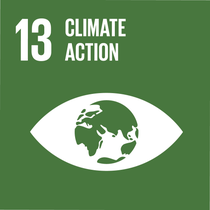
Reduction in burning of containers and disposal of plastic in water bodies.
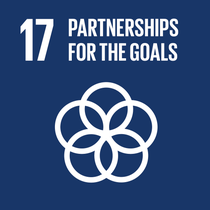
BASF partnered with Campo Limpio, a non-profit responsible management program, the Ministry of Agriculture and Irrigation (MINAGRI), and the Programa Nacional de Tambos.
